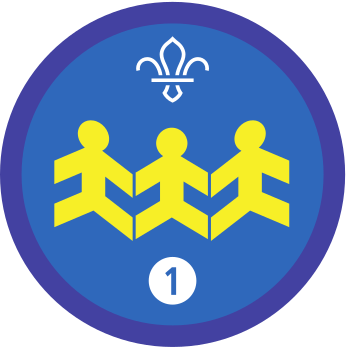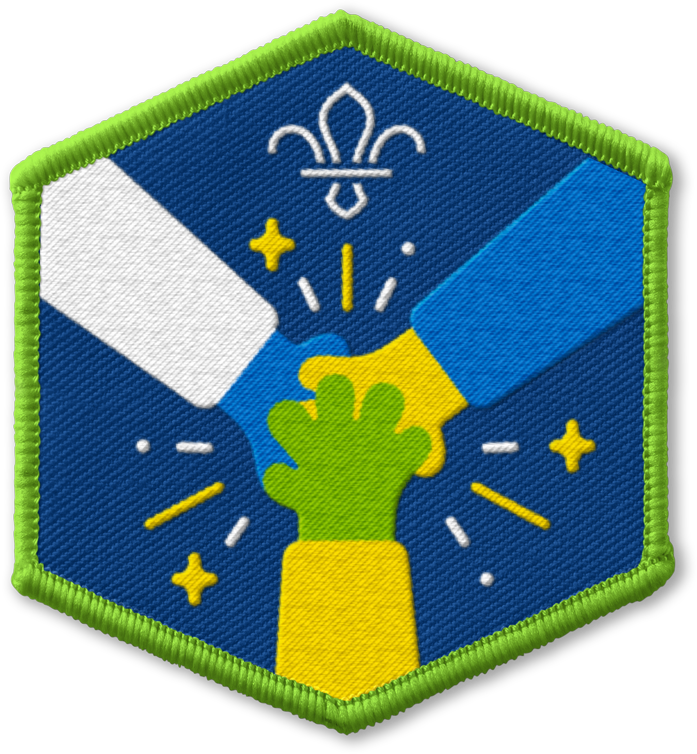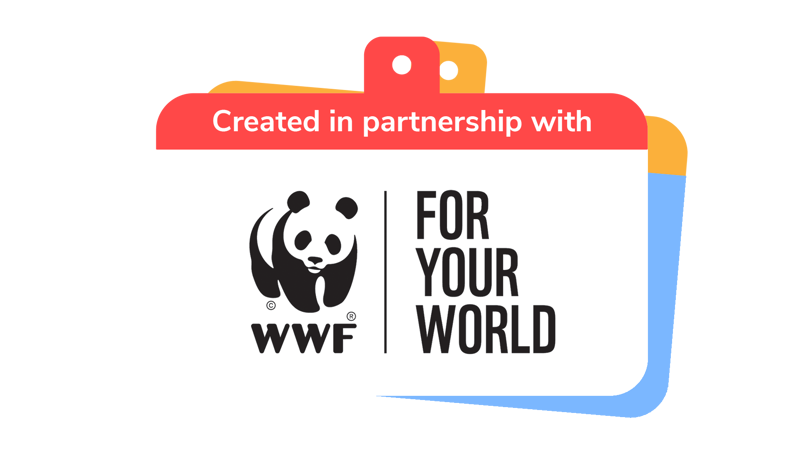
Wise up to waste
You’ll need
- Pens or pencils
- A4 paper
- Sticky tape
Before you begin
- Remind yourself of everything people have done to protect the environment: how did they identify the need, plan action, and take action?
- If you have resources people made, or photos and videos of them taking action, bring them to show everyone. You could ask people to bring their own photos and resources too.
- Write the ‘Questions to ask’ below on six pieces of paper and display them around your meeting space.
- Use the ‘Image cards’ sheet to draw out the time markers on recycled paper and stick them up somewhere everyone will be able to see them. You’ll need a timeline for each group.
- What theme did we explore?
- What did we do?
- Why did we do it?
- How did it make you feel? What skills did you develop?
- How did the project make a difference for people or the environment?
- What could we do next?
Remember, remember
- The person leading the activity should help everyone remember the main details about their project so far. They should use any resources, photos, or videos to help jog people’s memories.
- Everyone should split into six groups. Each group should go to a different piece of paper with a question on.
- Each group should spend two or three minutes thinking about each question, chatting with their friends, and jotting down their ideas.
It’s especially important to write down the answers to the final question.
- The person leading the activity should keep track of time. After a few minutes, they should tell everyone to move to the next sheet of paper. Everyone should keep moving around until they’ve had a chance to reflect on each of the six questions.
- Everyone should share their ideas.
This is a great chance to congratulate everyone again – take a moment to celebrate successes and people’s hard work.
Wise up to waste
- Everyone should chat about where waste goes after it’s been collected. The person leading the activity should explain that rubbish that isn’t sorted into recycling bins is taken to landfill sites, where it’s buried or burned for energy.
- Everyone should split into two groups.
- The person leading the activity should give each group a set of image cards.
- Each group should try to match the products with the number of years they think it takes to break down if it ends up in landfill or is discarded somewhere.
- When the teams are ready, each person should hold a product. They should stand along the time markers on the wall, depending on how long their product takes to decompose.
- The person leading the activity should read out the answers. Was anyone surprised by how long a certain product took?
- Paper towels take 2 – 4 weeks
- Banana peel takes 2 – 5 weeks
- Tea bags take 3 – 6 months
- Wool socks take 1 – 5 years
- Plastic bags take 10 – 20 years
- Nylon shirts take 30 – 40 years
- Tin cans take 50 years
- Disposable nappies take 450 years
- Plastic bottles take 450 years
- Glass bottles take 100,000 years

This activity helps contribute towards some of the UN's Sustainable Development Goals. Find out more about the SDGs, and how Scouts across the world are getting involved.
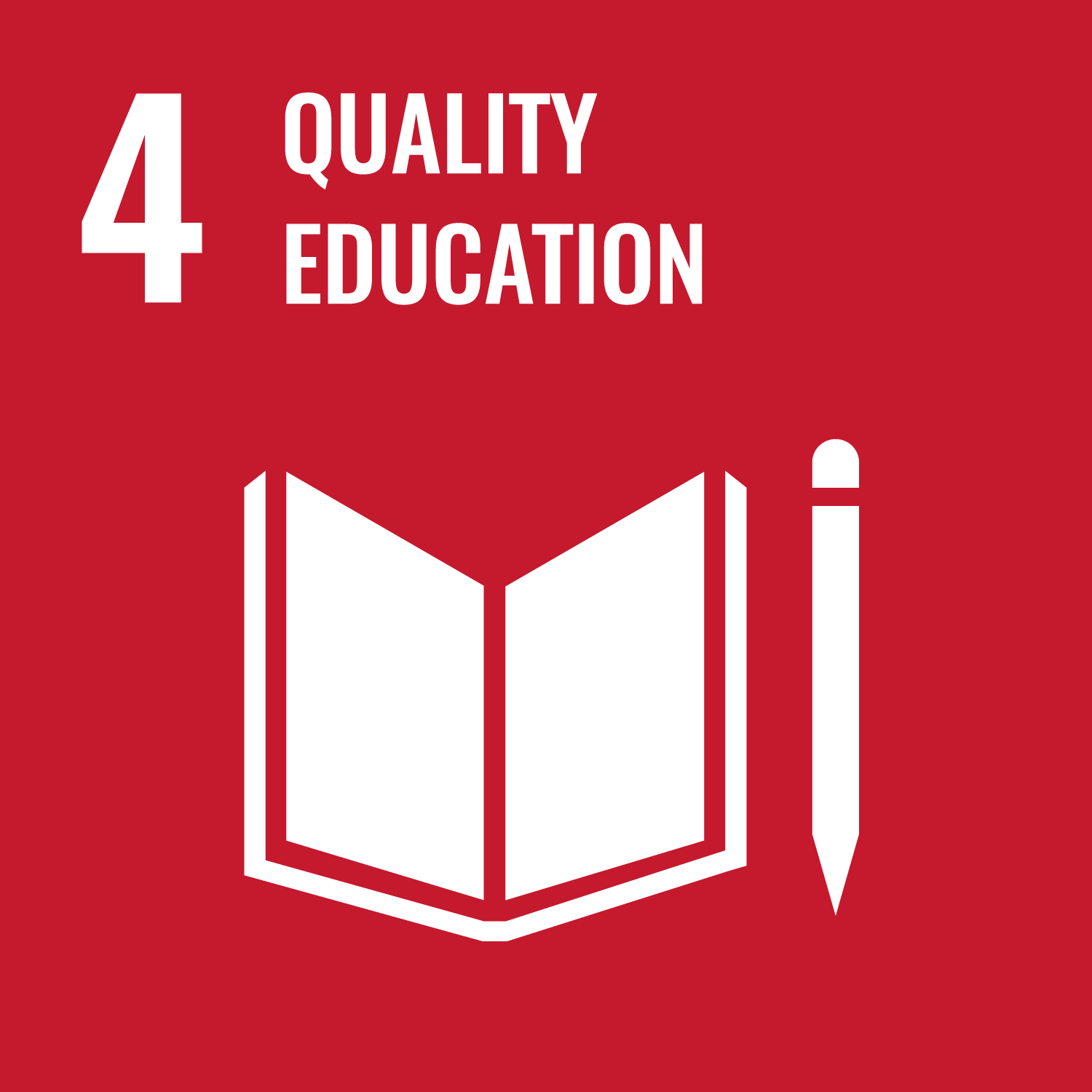
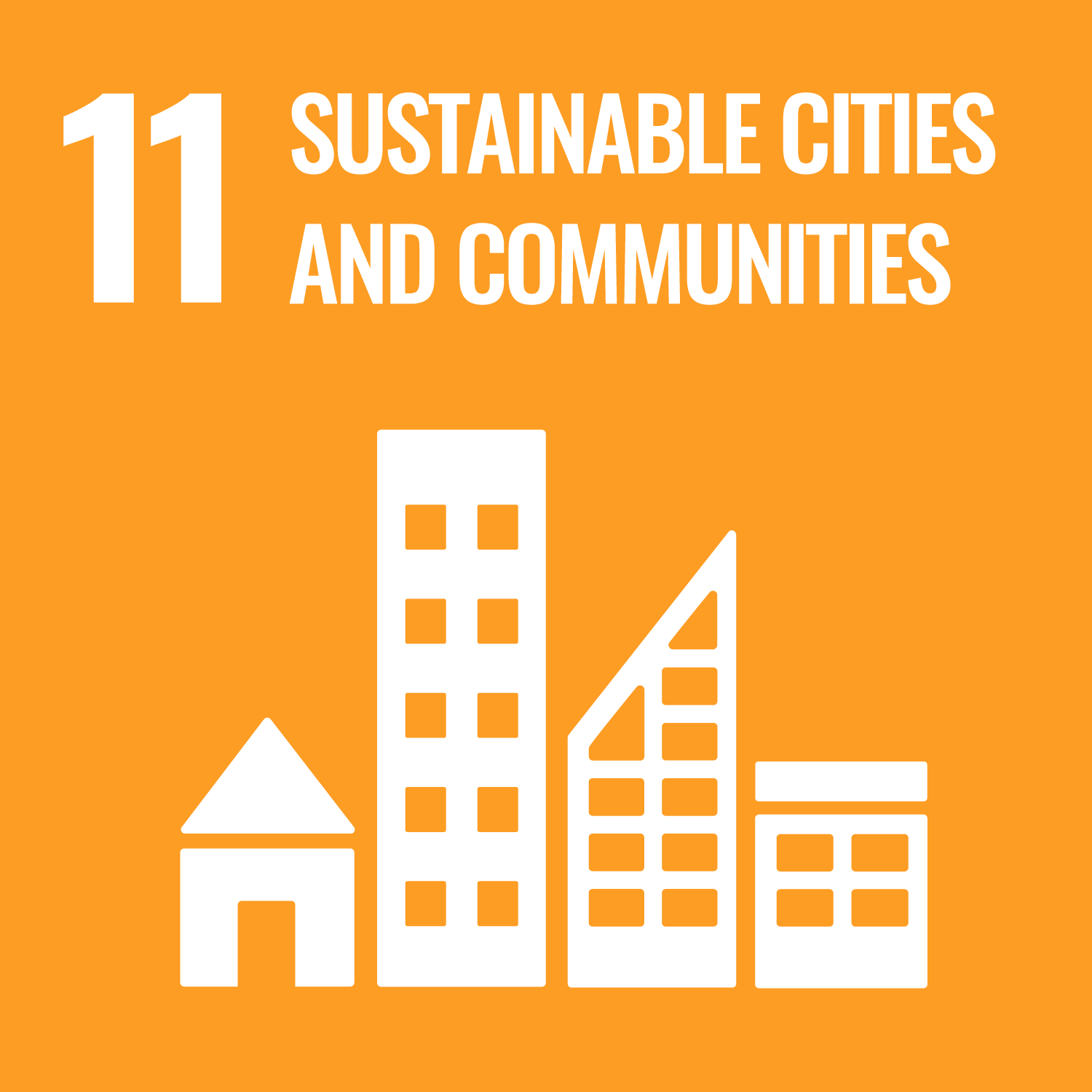
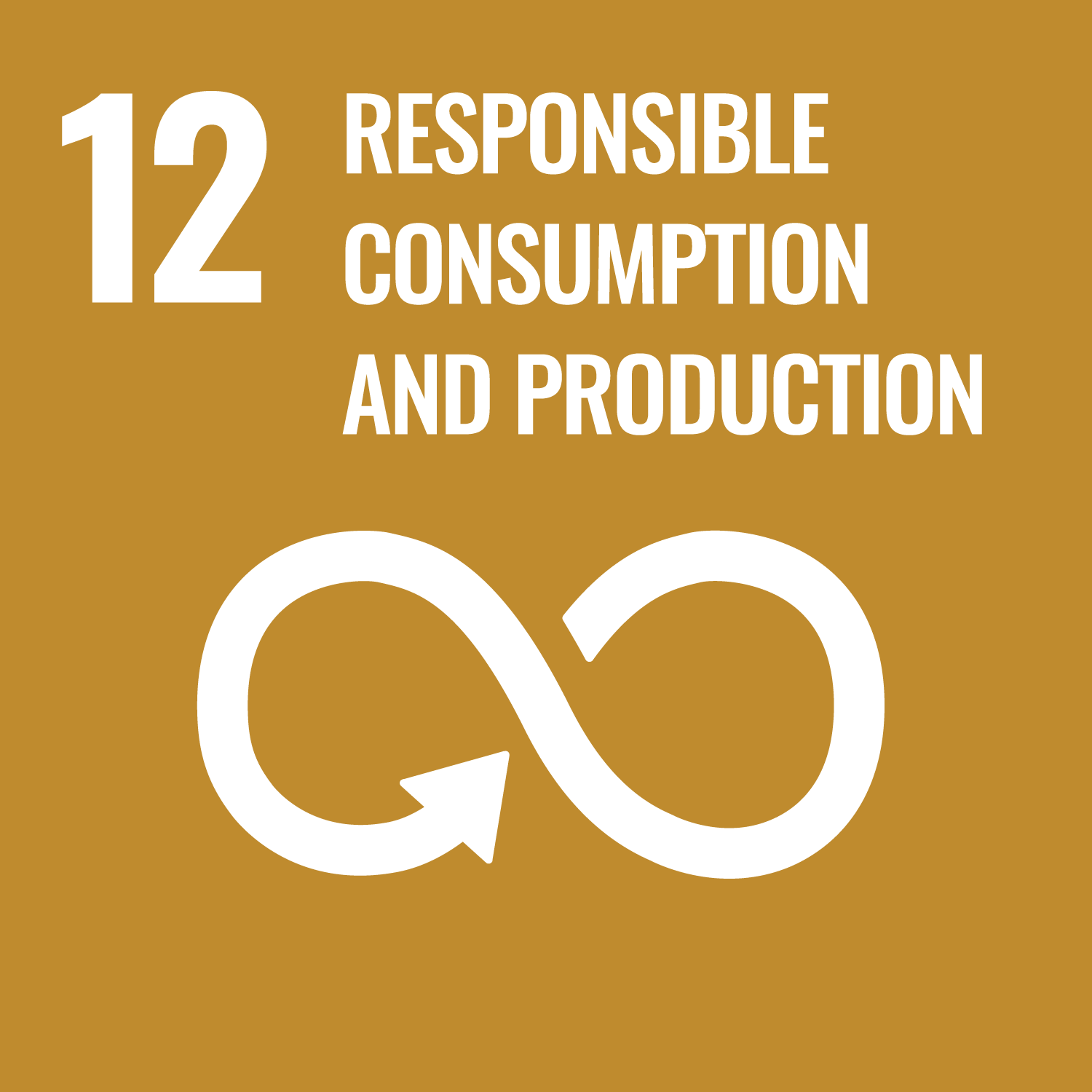
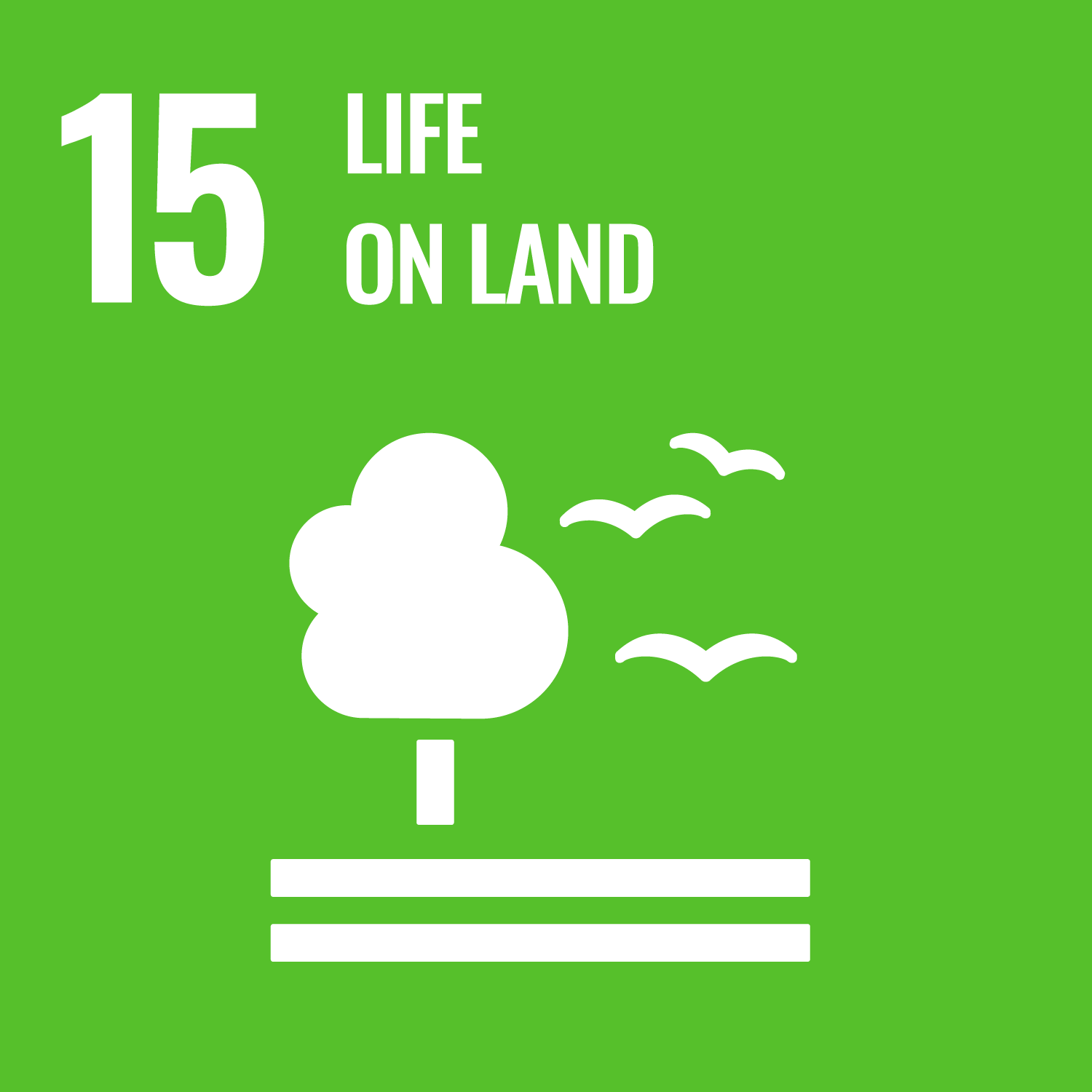
Reflection
This activity was all about reflecting on a project and how it helped people’s community and encouraged them to be citizens. How did the project make a difference? Did people try anything new in this project or develop new skills?
Was anyone surprised by how long it takes some waste to break down and decompose? What are people’s favourite ways to reduce how much rubbish they make? Do they have any ideas for how to encourage people to waste less?
Safety
All activities must be safely managed. You must complete a thorough risk assessment and take appropriate steps to reduce risk. Use the safety checklist to help you plan and risk assess your activity. Always get approval for the activity, and have suitable supervision and an InTouch process.
- Depending on your group, it may be useful to have an adult at each sheet of paper to help people write down their ideas.
- Different groups will also be ready to reflect in different ways. You know your group best: adapt the reflection so it works for them.
- Based on what they’ve learned, people could create a manifesto that outlines the ways they’ll take action to reduce, reuse, recycle at home, school, and Scouts.
People can record their thoughts on the big sheets of paper in whatever way works for them, including drawing and writing ideas down.
All Scout activities should be inclusive and accessible.
You could contact the experts (such as your local council) and invite them to come to your usual meeting place to talk about waste and waste management. You could even invite friends, family, and members of the local community.
Discover more at https://www.wwf.org.uk/
